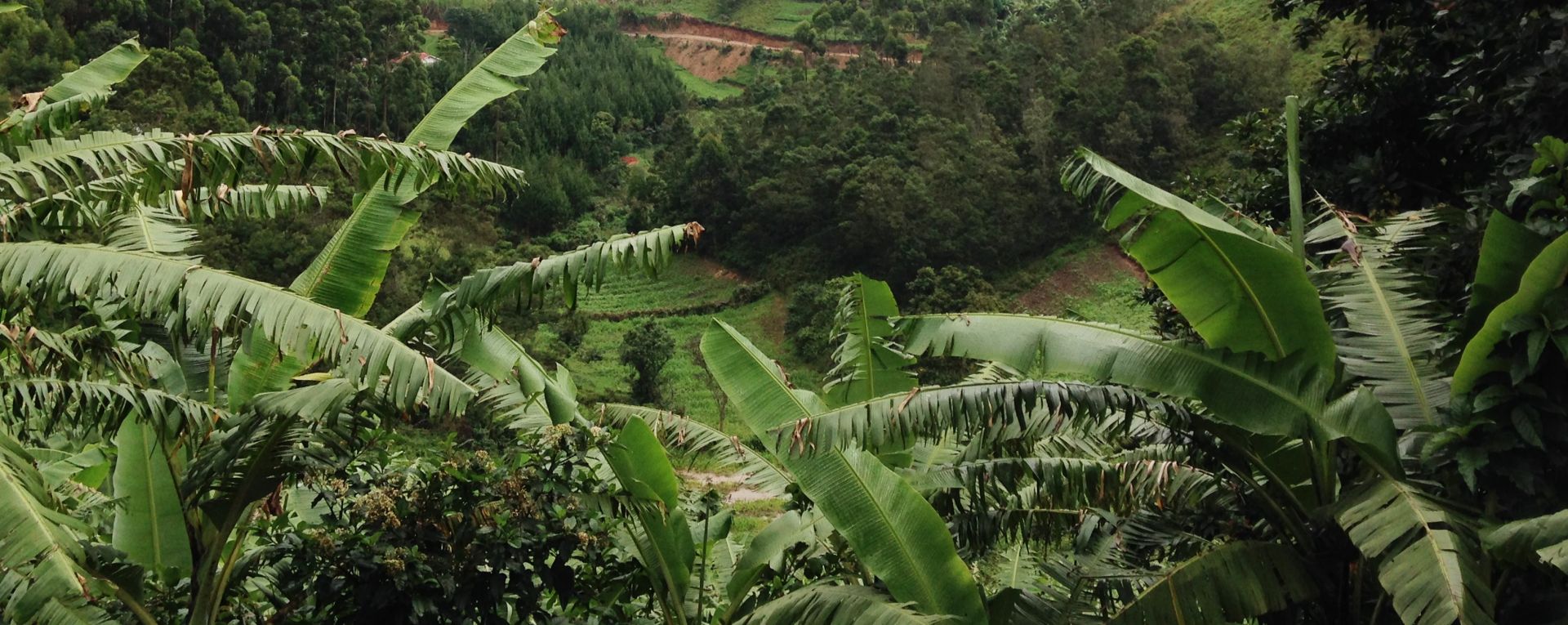Uganda, first country to opt for the integrated 50x2030 survey, initiates program planning
Uganda is the first country to commit to piloting the 50x2030 integrated survey. The Initiative offers partner countries two survey model options – an agricultural survey program or an integrated agricultural and rural survey program. Uganda elected to implement the integrated survey because of its need for comprehensive data on a wide range of agriculture concerns, such as on crop area and production, livestock and poultry, fisheries and forestry, land use, irrigation, agricultural holdings, agriculture prices and markets, and inputs. Agriculture is one of the main economic activities in Uganda, with more than half of the rural population employed in agriculture and with the sector contributing around 24% to GDP.
The integrated agricultural and rural survey program combines a farm-based agricultural survey with a household-based rural socioeconomic survey. As with the agricultural program, the integrated program collects data from a representative sample of agricultural enterprises — household and non-household — on agricultural topics like production, revenues, and farm practices. This integrated approach is ideal as it produces more data, increased data interoperability, and has greater cost efficiencies. Under 50x2030, partner countries are free to choose a survey solution that is best suited to their needs, capacity, and potential for technical and financial take-over.
The 8 October meeting also kicked off discussions between the country and the Initiative to agree to the road map for the country’s 50x2030 program implementation. Uganda is the second African country to initiate planning discussions with 50x2030. In total, by 2030, the program plans to support approximately 30 countries in the Middle East and North Africa and Sub-Saharan Africa; 15 countries in East Asia and the Pacific and Central and South Asia; and 5 countries in and Latin America and the Caribbean.
50x2030 Program Manager El Iza Mohamedou chaired the virtual meeting while Uganda was represented by Patrick Okello, Director of Agriculture & Environment at the Uganda Bureau of Statistics. Also in attendance were IFAD Programme Manager for Uganda Lakshmi Moola; the technical leads of the three areas of work under Initiative, Christophe Duhamel (Food and Agriculture Organization of the United Nations) for Data Production, Emily Hogue (International Fund for Agricultural Development) for Data Use and Alberto Zezza (World Bank) for Methods and Tools Development; and representatives from the World Bank Uganda country office.
